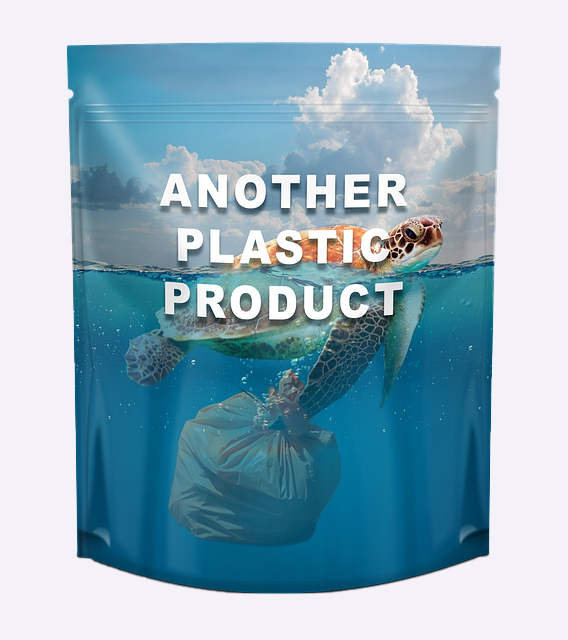Plastic is a health hazard – our choices can prevent harm
The recent research led by Professor Sarah Dunlop, responsible for plastic and human health at the Minderoo Foundation, revealed the grim reality of how plastic pollution is impacting public health, going beyond the traditional environmental concerns. This was published in the renowned 'World Health Yearbook'.
The study, undertaken by the Minderoo-Monaco Commission on Plastics and Human Health, marks a pivotal moment in understanding the grave implications of plastic pollution. From the extraction of fossil carbon feedstocks to the chemicals leaching from everyday use and disposal, the economic costs and health risks associated with plastic pollution are staggering.
Key findings from the study underscore the alarming prevalence of hazardous chemicals in plastics, with a quarter of over 10,000 unique compounds posing significant concerns for human health and safety. Equally concerning is the revelation that nearly 40% of these chemicals lack hazard classification, leaving their potential risks largely unknown.
The health consequences of plastic exposure are dire and far-reaching, particularly for vulnerable populations such as pregnant women, young children, and communities residing near plastic production and waste disposal sites. From disrupting hormonal development to contributing to respiratory diseases, obesity, cancer, and reproductive disorders, the toxic footprint of plastics permeates through society with devastating consequences.
Moreover, plastic production exacerbates air and water pollution, further compounding the health risks for individuals residing in affected areas. The study highlights a clear violation of the human right to a clean and healthy environment, as plastic production workers and neighboring communities endure hazardous air pollution and contaminated water sources, leading to increased incidences of leukemia, lymphoma, brain cancer, and other life-threatening illnesses.
While strides have been made in research on plastic pollution, the study underscores the urgent need for enhanced detection technologies to identify micro and nano plastic particles in human tissue. In light of these findings, concerted efforts must be made to minimize plastic exposure through lifestyle changes, advocacy for updated chemical regulations, and governmental action to fast-track bans on unnecessary single-use plastics.
As we confront this pressing public health crisis, it is imperative for plastic producers to assume responsibility for safer and more sustainable operations, ensuring the well-being of both present and future generations. The study serves as a clarion call for global action to address the complex and toxic nature of plastic pollution, safeguarding human health and preserving the sanctity of our planet for years to come.




